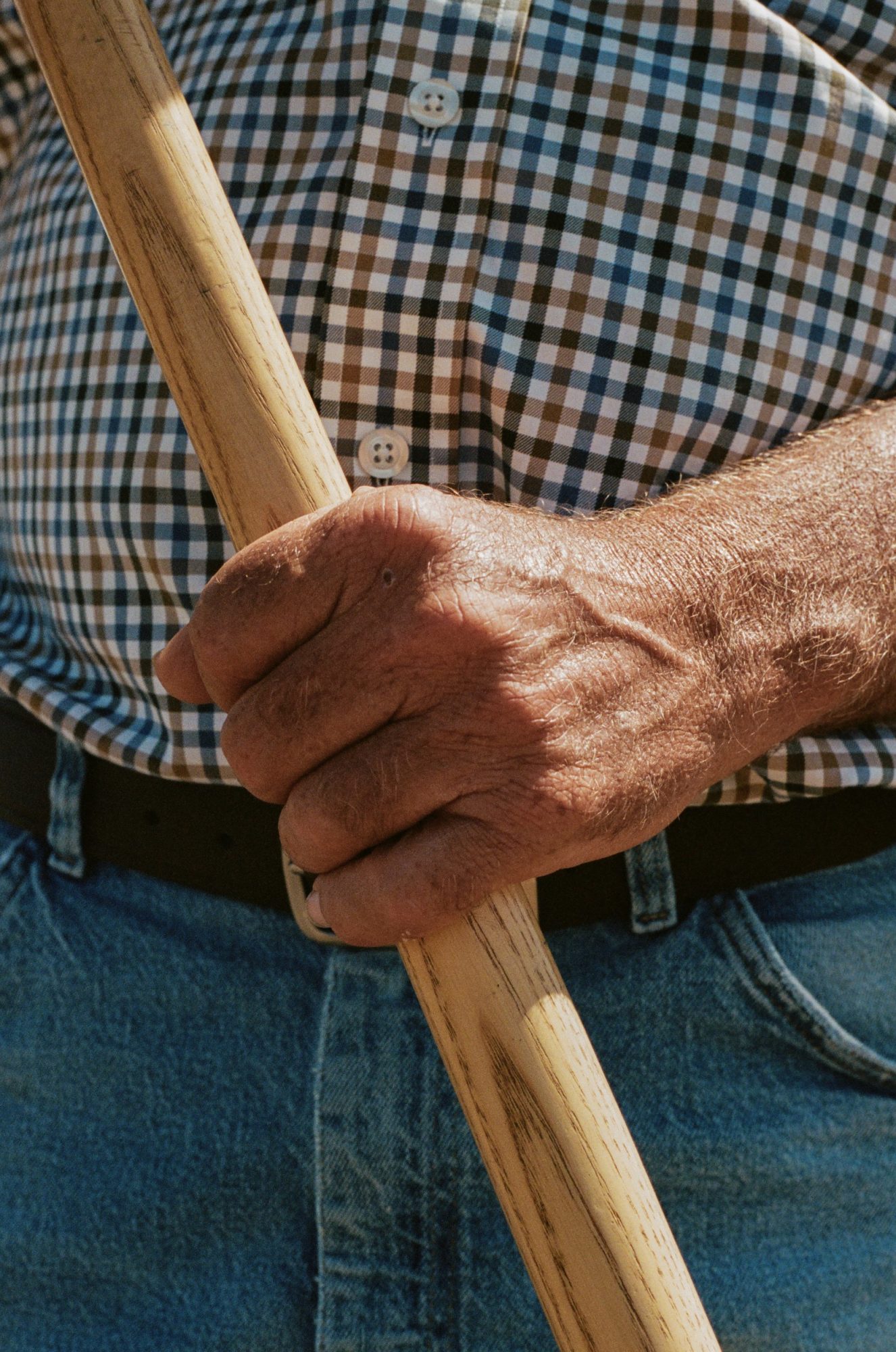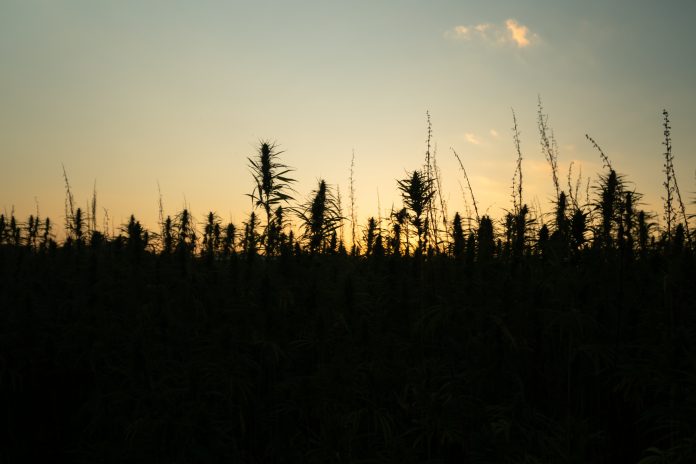Here, Savage Cabbage Ltd argue for a legitimate Industry Framework when it comes to hemp & CBD
2022 has galloped along, leaving many of us wondering where on earth the time has gone. In stark contrast, the dreaded Novel Foods process seems no closer to clarity; it simply feels that oceans of time have passed with no real progress.
This leaves many companies wondering when this process will have a defined framework. It goes without saying that the Novel Foods process and the consequent list of products have been a contentious issue from the beginning, with a cacophony of passionate voices that wanted to be heard…it has not been a stress-free year for businesses.
EIHA’s initial tox study data for isolated CBD was released in Autumn 2022. Although back in June 2022 at EIHA’s conference initial indications of adverse effects were shared, the published results created some initial concern across the industry.
In a nutshell, the NOAEL (No Observed Adverse Effect Level) was much lower than many expected; the TDI (Tolerable Daily Intake) derived from this NOAEL is consequently lower than anticipated. We believe this is consistent with findings from other studies submitted to EFSA/FSA.
What this could mean for CBD isolate products available on the market is yet to be determined. Still, our hunch is that daily consumption advice may be revised once the FSA completes the risk assessment stage of the Novel Food process, as consumer safety is paramount.

Hemp & CBD research
The completed tox studies for the CBD Whole Plant Extract will conclude at the end of 2022. Early indications suggest that (as many of us suspected) Whole Plant Hemp Extract has a significantly higher NOAEL than an isolated compound. This is yet further evidence to suggest that the plant works best in its whole form, as cannabinoids, flavonoids and other natural components work together synergistically.
This then leads us to the super contentious discussion around THC and naturally occurring levels in the plant concerning the Misuse of Drugs Act/Regulation, which of course, designates THC as a ‘controlled substance.’
Studies continue to be undertaken to determine the TDI (Tolerable Daily Intake), which is considered the non-intoxicating limit of THC within the final whole plant product. We continue to lobby for 0.3% THC to be the acceptable level of THC in ‘the field’.
A legitimised UK Hemp & CBD Industry?
Many conversations and decisions need to be made for this industry to flourish. Although thorough and well-presented arguments are being made to push for the industry to be legitimised, we still need a solid timeline of when to expect any changes to be put in place – so we wait.
It is fortunate that the grandfathered system of products which were available on the open market prior to the 13th February 2020 can still be sold until the regulatory process completes.
Interestingly, when we look at the economic and environmental benefits of having a legitimised UK Hemp & CBD Industry, it is glaringly obvious that the United Kingdom would benefit in so many ways and (let’s be honest), the UK could really do with some positives right now.
For example, due to the regulatory hurdles that farmers must jump through to access a licence to grow hemp, UK businesses import their products from abroad. This money could be spent on UK domestic supply. At present, only about 20 farmers in the UK grow hemp on a total of around 800 hectares. All licences are issued by the Home Office – Drugs and Firearms Licensing department!
Whilst we all stand together to take a breath and partake in a collective eye- roll, it’s important to note that in the EU, some countries don’t require a licence to grow hemp (for example, in Spain or the Czech Republic). In contrast, in some other countries, applications are made to the Departments of Agriculture, health, and food, to name a few, which makes sense.
Frustrating, isn’t it? The United Kingdom now lags behind its European Neighbours.
What has been achieved? What lies ahead for Hemp & CBD?
The APPG for CBD products convened in Westminster on the 30th November 2022 to take stock of what has been achieved in the last 12 months. Acknowledging progress and identifying the next sensible steps of lobbying for change, it’s going incredibly well, given the circus of the last few months and three Prime Ministers.
As we hold on to the hope that sense will be seen and decisions will be made backed by scientific evidence, we remain optimistic that this industry’s development is beginning to take shape.
As ever, our customers at Savage Cabbage are our priority, and we will do everything we can to keep you updated on this subject. However, as much as it feels like we are sitting watching paint dry right now, there is much activity in the background that isn’t always visible. Savage Cabbages’ commitment to consumer safety, quality, and the educational community stand strong and unwavering in these choppy tides.

This work is licensed under Creative Commons Attribution-NonCommercial-NoDerivatives 4.0 International.











